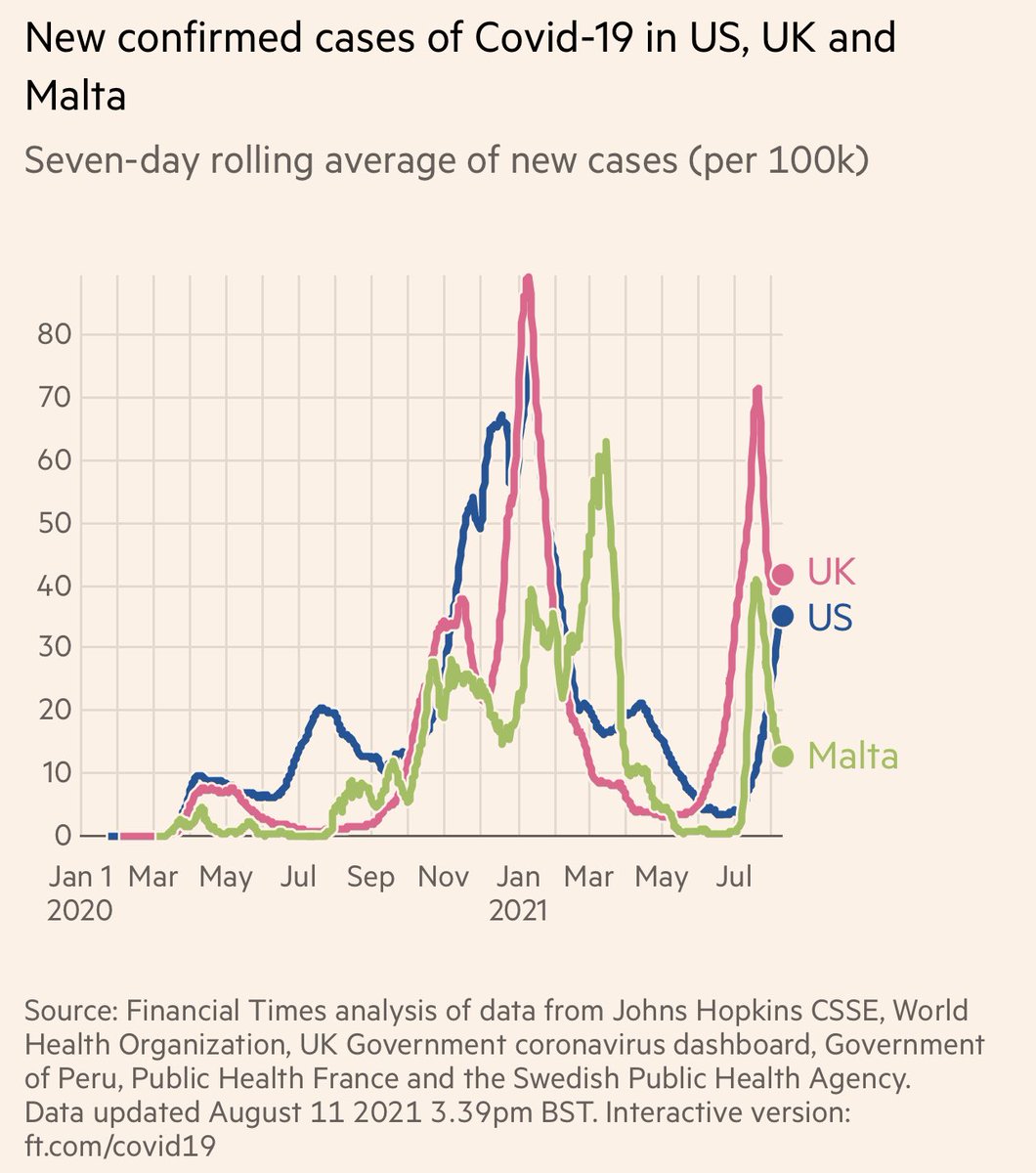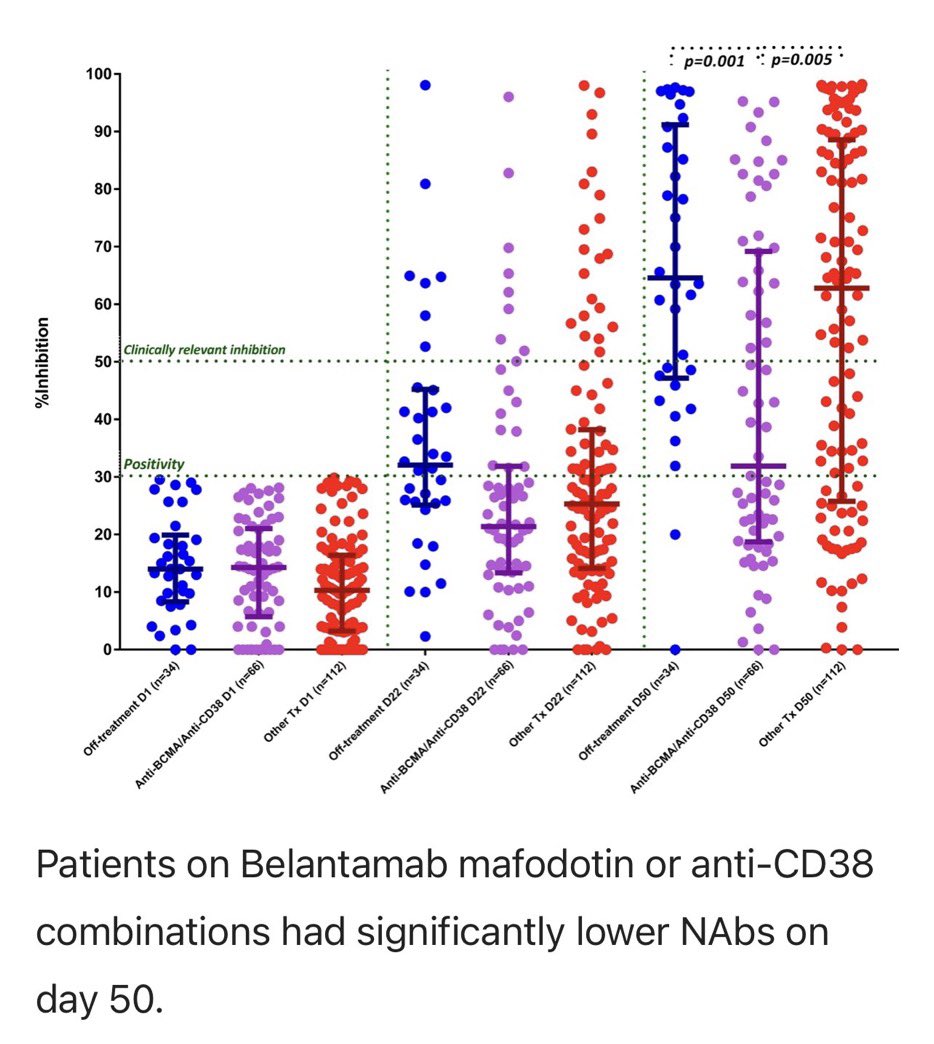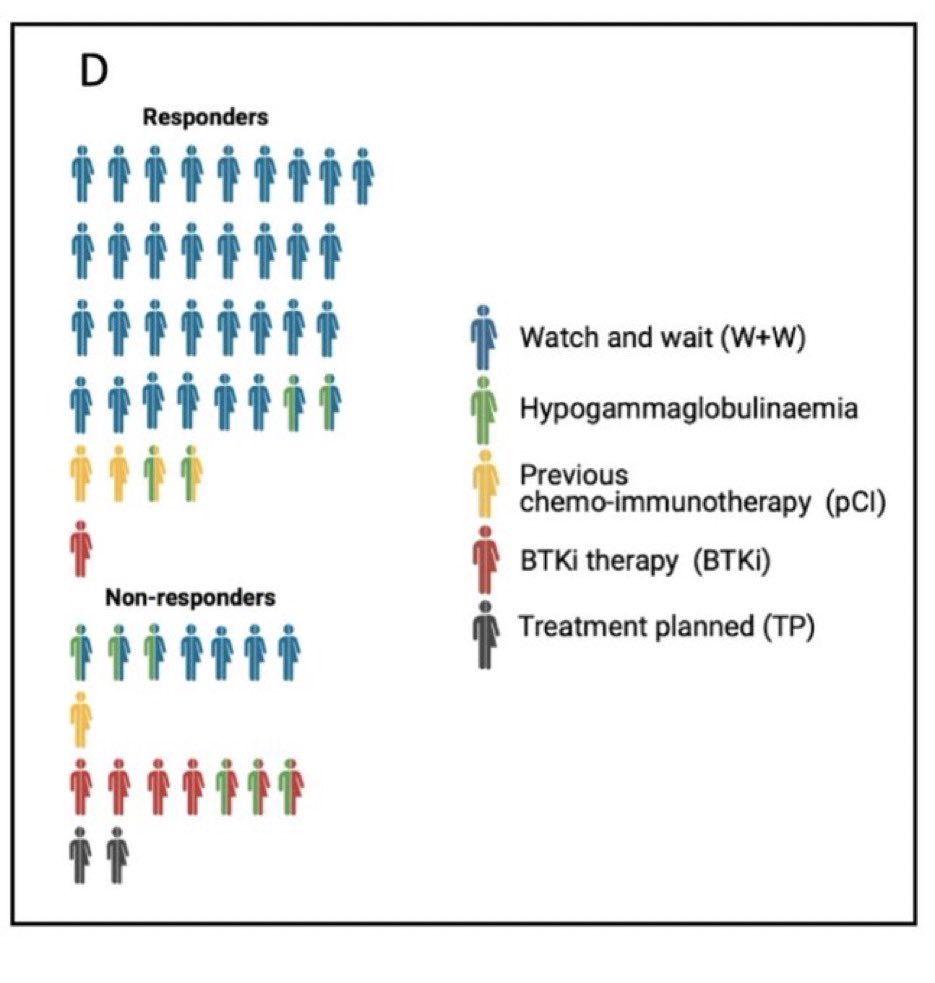
COVID vaccines are working extremely well in preventing severe disease and deaths. Deaths are much lower relative to cases in post vaccination waves.
Do not miss the forest for the trees.

Do not miss the forest for the trees.


I didn't make this endpoint about severe disease post hoc. Not changing goalposts. This is how I have always felt. Vaccines will protect especially against severe disease.
https://twitter.com/VincentRK/status/1353772202076868608
The immune response is strengthened and made more durable by each exposure to same antigen. And over time you develop immunity that protects you against severe disease, even if you remain susceptible to mild disease.
https://twitter.com/VincentRK/status/1337051358424403972
We must do what we can. Vaccinate almost everyone eligible.
We can worry about the things that are not in our control, but first things first: Get the vaccinations rates sky high. And continue masks and precautions till it is safe to discontinue.
We can worry about the things that are not in our control, but first things first: Get the vaccinations rates sky high. And continue masks and precautions till it is safe to discontinue.
Why are there any deaths at all despite vaccinations? First in almost all countries there remains a sizable unvaccinated population. In the US, in the current wave ~90% or more deaths are in unvaccinated. Second, vaccines sometimes don't work. They are great. Not perfect. 👇
https://twitter.com/VincentRK/status/1409587976544296962
• • •
Missing some Tweet in this thread? You can try to
force a refresh






